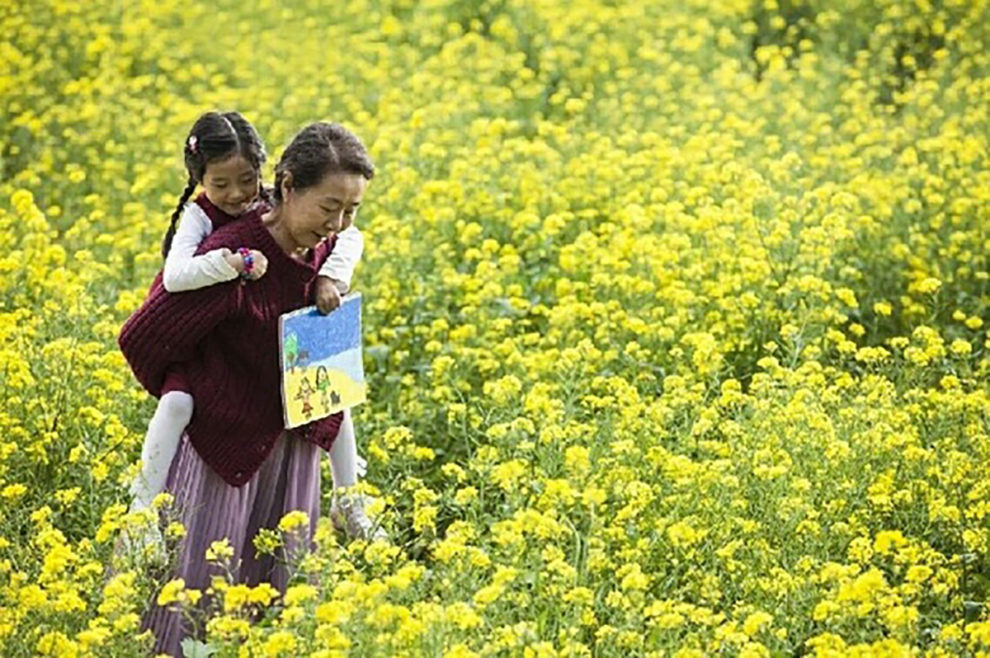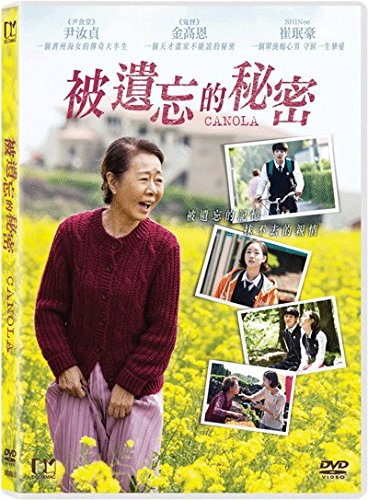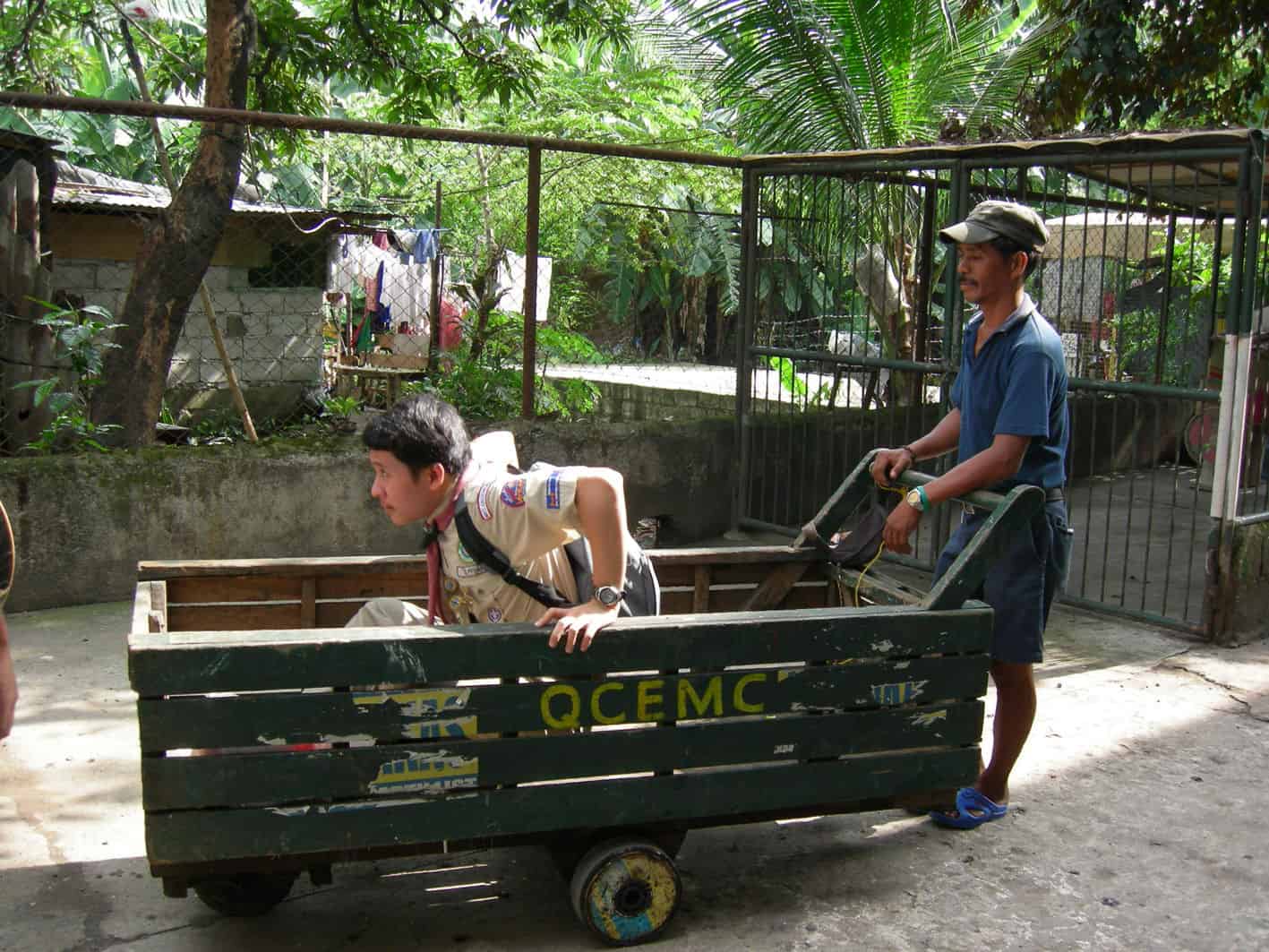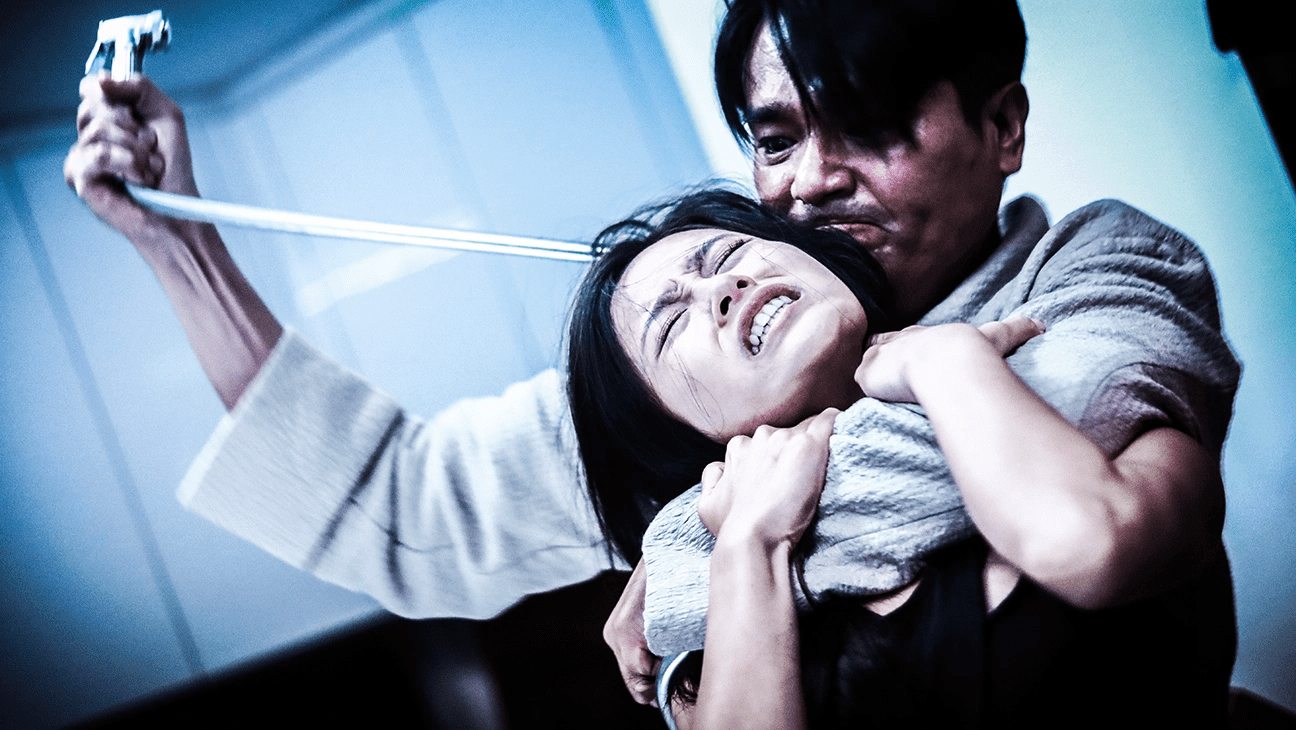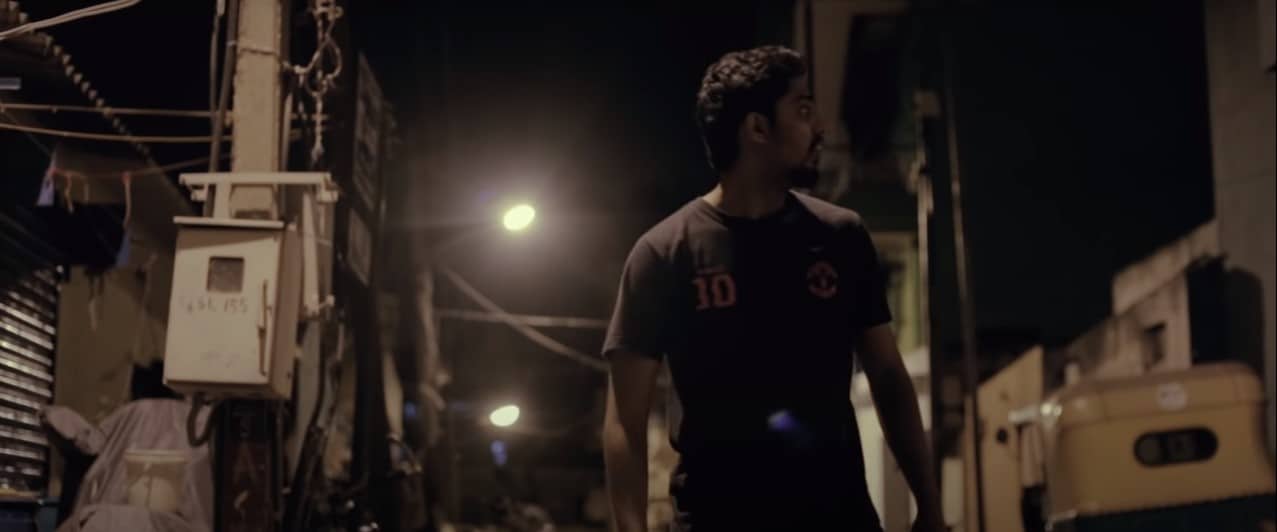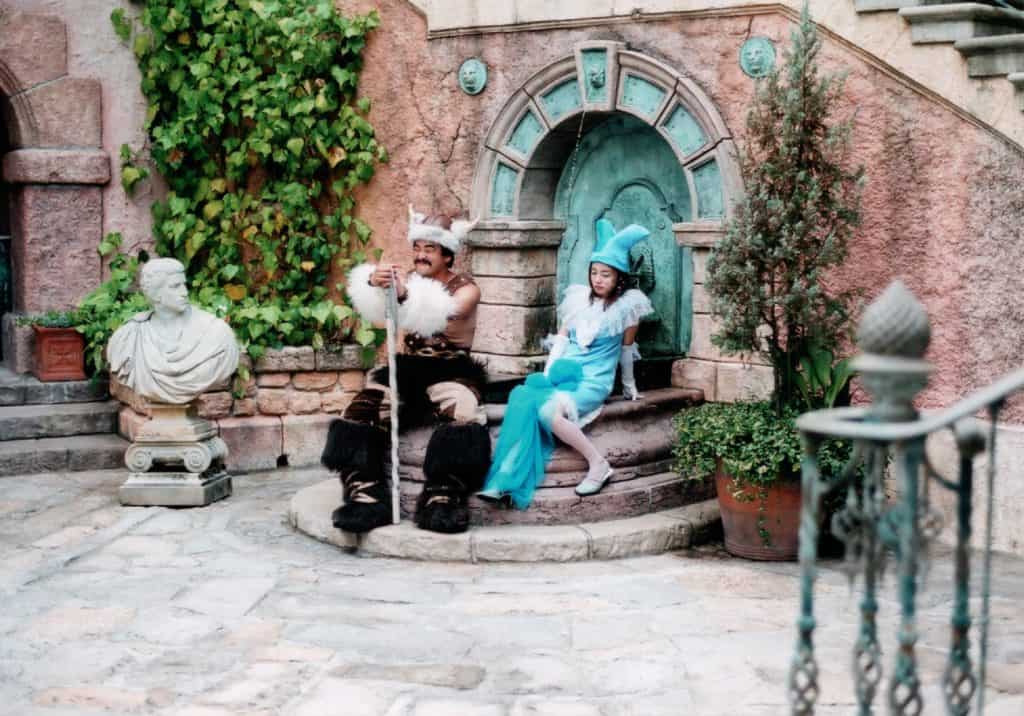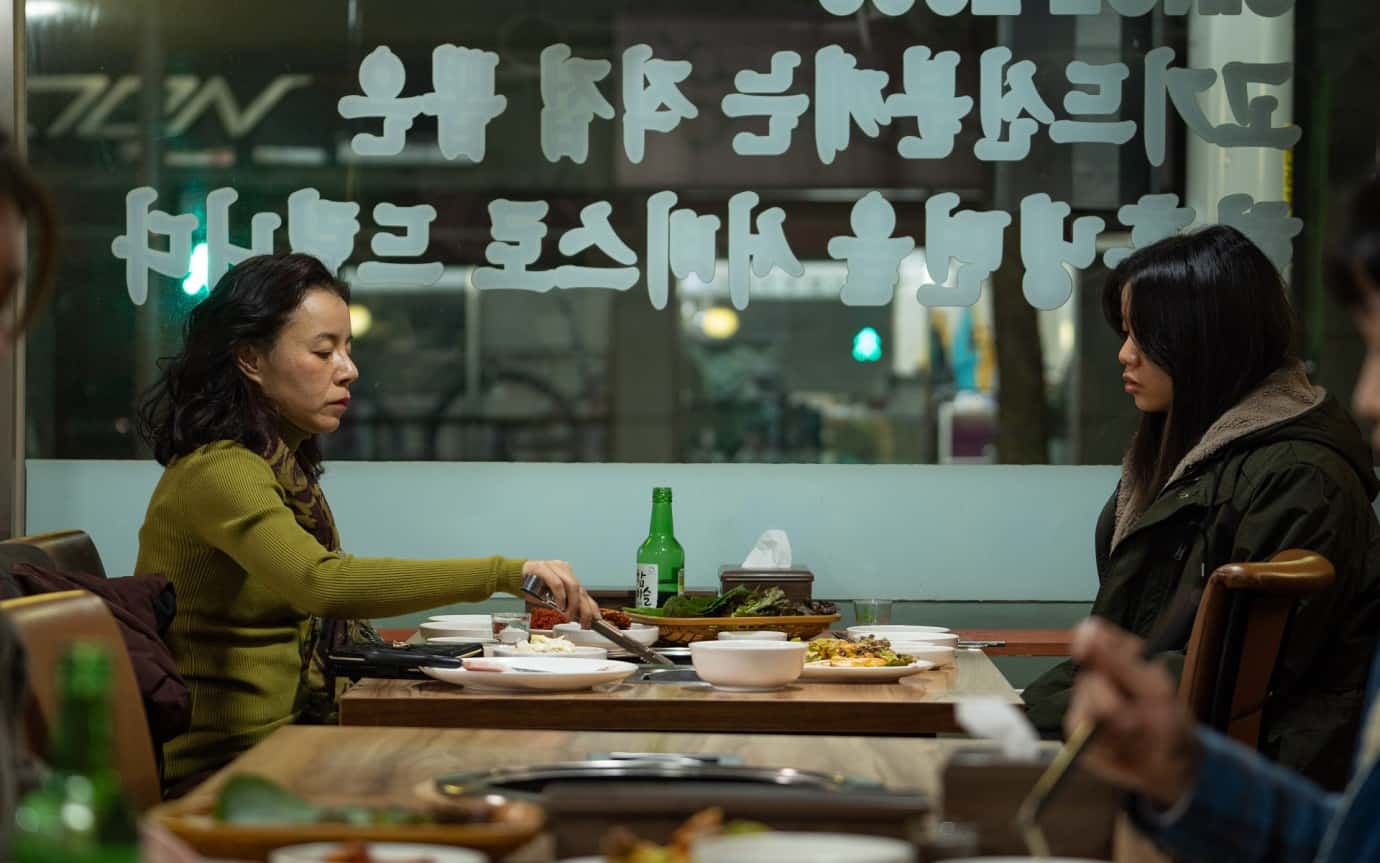South Korean director Chang (pseudonym of Yoon Hong-seung) after two thriller/action films, tries his hand here in “Canola”, a classic Korean melodrama that brings together a multitude of challenging and dramatic themes.
Buy This Title
The original title translates as “Grandma Gye-choon” and it's perhaps more appropriate than the poetic “Canola” which recalls the visual impact of the bright yellow fields of rapeseed (canola) in bloom. The story and the characters all gravitate around Gye-choon (Youn Yuh-Jung), a “single grandmother” who takes care of her granddaughter Hye-Ji (Kim Go-Eun in the grown-up version). The prologue that sets and introduces the story shows us that Gye-choon is a “Haenyeo”, one f the spear-fishers from the community living on the island / province of Jeju. It is the same community that is depicted in the beautiful Koh Heeyoung's documentary “Breathing Underwater”.
Hye-Ji is has lost her father (the son of Gye-choon) and her mother has abandoned her; with her grandmother they form an affectionate family microcosm, framed in this beautiful island where sea and sky merge and which offers the two of them something to survive, the fishing and the endless fields of rapeseed. The child has a strong artistic talent and loves to portray her grandmother and the landscapes that surround her. But one day, walking together in a crowded market, the two part for a few seconds and Hye-Ji disappears. Hence, a painful ordeal of the grandmother begins; for years she will search for the child without success but also without ever giving up.

After this prologue, the film resumes 10 years later. Hye-Ji is a girl who's hustling a living on the streets of Seoul and her only “family” are two or three peers with whom she organizes small scams. When one day she ends up in more serious trouble and is arrested, inevitably her identity is unveiled, and she is forcefully reunited with her grandmother.
Gye-cho, who had never lost hope, takes her back with her and the two begin a new life journey together. It will not be easy for Hye-Ji who, accustomed to city streets and going through the difficult age of adolescence, closes up like a clam. Her art teacher Choong-Seob (Yang Ik-June) can offer her a little help and she will use it to rediscover her love for drawing and her dear schoolmate Han-Yi (Minho, idol of the K-pop group SHINee). Hye-Ji's discomfort, however, hides a much darker and more deeply rooted secret.
“Canola” deals with many themes that are typical of melodrama, family ties, youth and adolescence distress, abandonment, poverty in rural communities, and even a hint of immature love. It touches them with a light hand, leaving them a little evanescent and in the background.
The strength of the film lays in the development and observation of the two characters – Hye-Ji and her grandmother – and their interaction. They are played by a novice and a grand dame of Korean cinema, in fact, after Canola, Youn Yuh-Jung worked in “The Bacchus Lady”, “Keys to Her Heart”, “Beasts Clawing at Straws”, Lucky Chan-sil” and finally “Minari” that's just made history as it earned her the first Oscar to a Korean actor. The two actresses duet in a routine that brings them rhythmically closer and further away. They do it with grace and emotion, against a natural background that – in addition to being aesthetically radiant – due to the stoic island community has also become a symbol of that very Korean value of resilience to adversity and the ability to overcome the difficulties of life with energy and vitality, without succumbing.
Like many Korean melodramas, it has a tendency to be a little longer than necessary and one always gets the impression that those extra minutes are being used to encourage an extra tear or two. However, “Canola” is a soulful ode to the values of simple life and solidarity that goes beyond blood ties, and a reflection on the deeper meaning of family.


